The author and publisher have provided this e-book to you for your personal use only. You may not make this e-book publicly available in any way.
Most US history books begin with colonization of the thirteen colonies by English invaders who conquered numerous Indigenous nations. However, the part of modern US territory that was colonized the earliest is Puerto Rico. As a result, Hispanic history in regions that are now called the United States spans more than five centuries.
In addition, the Indigenous ancestry of mestizos on modern US territory extends for tens of thousands of years, and includes countless nations from all the Amricas: North, South, and Central. Condensing every aspect into one book of poems would be an overwhelming task. All Ive tried to do in Dreams from Many Rivers is portray a few glimpses of a vast and complicated past. With the exception of the first section about Borikn (Puerto Rico), I have used modern place names to avoid confusion since historically, place names changed quite often. Only Hispanic and Latino voices are included in Dreams from Many Rivers, with the exception of Indigenous Tano voices in the first section. Fictional characters are indicated by first name only, while historical figures include a surname or title.
I have made no attempt to explain the history and politics of countries of origin of US Latinos, because they include dozens of Latin American countries, as well as many other parts of the world. Television programs, movies, and popular culture often portray Latinos as impoverished barrio dwellers. The truth is that we live in every part of the United States, both rural and urban; poor, middle class, and wealthy. Our reasons for living in the United States range from being here before it became the US to arriving as refugees or arriving as highly qualified doctors, scientists, artists, and musicians. We are complex. We cannot be simplified.
In order to write about US Latino history, I had to make two essential decisions. The first was facing the shameful atrocities of Spanish conquistadors and their descendants, including invasions, genocide, conquest, forced labor, persecution, and racism. Spanish invaders were just as brutal as English invaders, slaughtering Native Americans, enslaving the survivors, then importing enslaved people from Africa. This book is an attempt to portray our history honestly, rather than choosing to ignore the parts that we long to forget. The second decision was acknowledging that the history of the modern US begins in Puerto Rico, not Plymouth Rock or Jamestown, as is widely believed. Puerto Ricans are US citizens.
They can travel freely between the island and mainland without passports. They pay taxes. But Puerto Rico is a territory, not a state. They are not allowed to vote in presidential elections. They often have to endure being mistaken for immigrants. Dreams from Many Rivers does not answer even a tiny fraction of the questions that a student might ask a teacher during Hispanic/Latino Heritage Month. Dreams from Many Rivers does not answer even a tiny fraction of the questions that a student might ask a teacher during Hispanic/Latino Heritage Month.
I have my own series of enormous questions. Why has so much of the Latino experience been omitted from standard textbooks? Why are we so often reduced to a few absurd stereotypes? Why are invaders and conquerors glorified, while peacemakers are ignored? Why do we have to learn historys truths on our own, instead of encountering our real stories in school? How can this drastic injustice begin to change? Y mi niez fue toda un poema en el ro,y un ro en el poema de mis primeros sueos. And my childhood was all a poem in the river, and a river in the poem of my first dreams. JULIA DE BURGOS
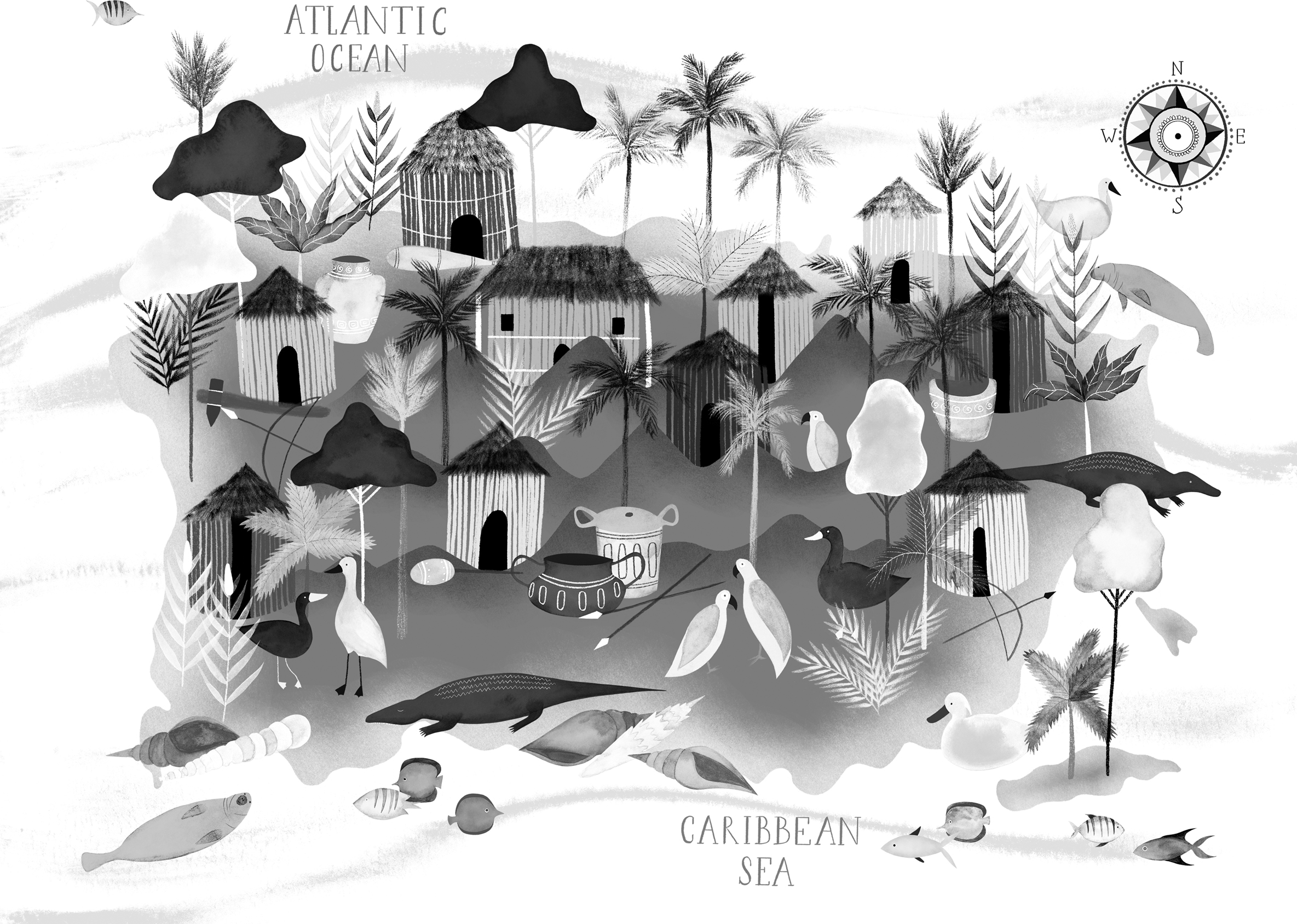
For thousands of years, the people who are now called Tano lived by farming, fishing, hunting, singing, and dreaming of a future as free as the past. Men, women, and children believed in hope. The corners of fields held smooth sculptures to guard crops of manioc. The government was sophisticated and complex, with elaborate peacekeeping methods conducted by leaders called
kacikes, and priests called
behikes.
On the walls of crystalline caves, beautiful designs were made by artistic hands. Enormous seagoing canoes carried visitors back and forth between Borikn (now known as Puerto Rico) and neighboring islands, such as Cuba and Quisqueya (now known as Hispaniola, which includes the Dominican Republic and Haiti). To this day, many Puerto Ricans still refer to their island as Borikn or Borinquen.
GUACARIGUA
Borikn, 1491 My mother says watch out for sharks in the sea, caimans in the river, hurricanes, scorpions, crumbling cliffs but my greatest fear is too little adventure, not too much. No matter how fervently my mother worries, I need to explore, boldly trekking along all the wild edges of home.
YAIMA
Borikn, 1491 Are all little girls just as happy as I am when I swim with quiet manatees, telling them enchanting stories?

ABEY
Borikn, 1491 My work is tiring, but we need ducks to eat and crocodiles for making tools of teeth, bags from skin, long strips of roasted meat Land, sea, and sky feed us, so that were never really hungry, except after visits from the guardian of storms.
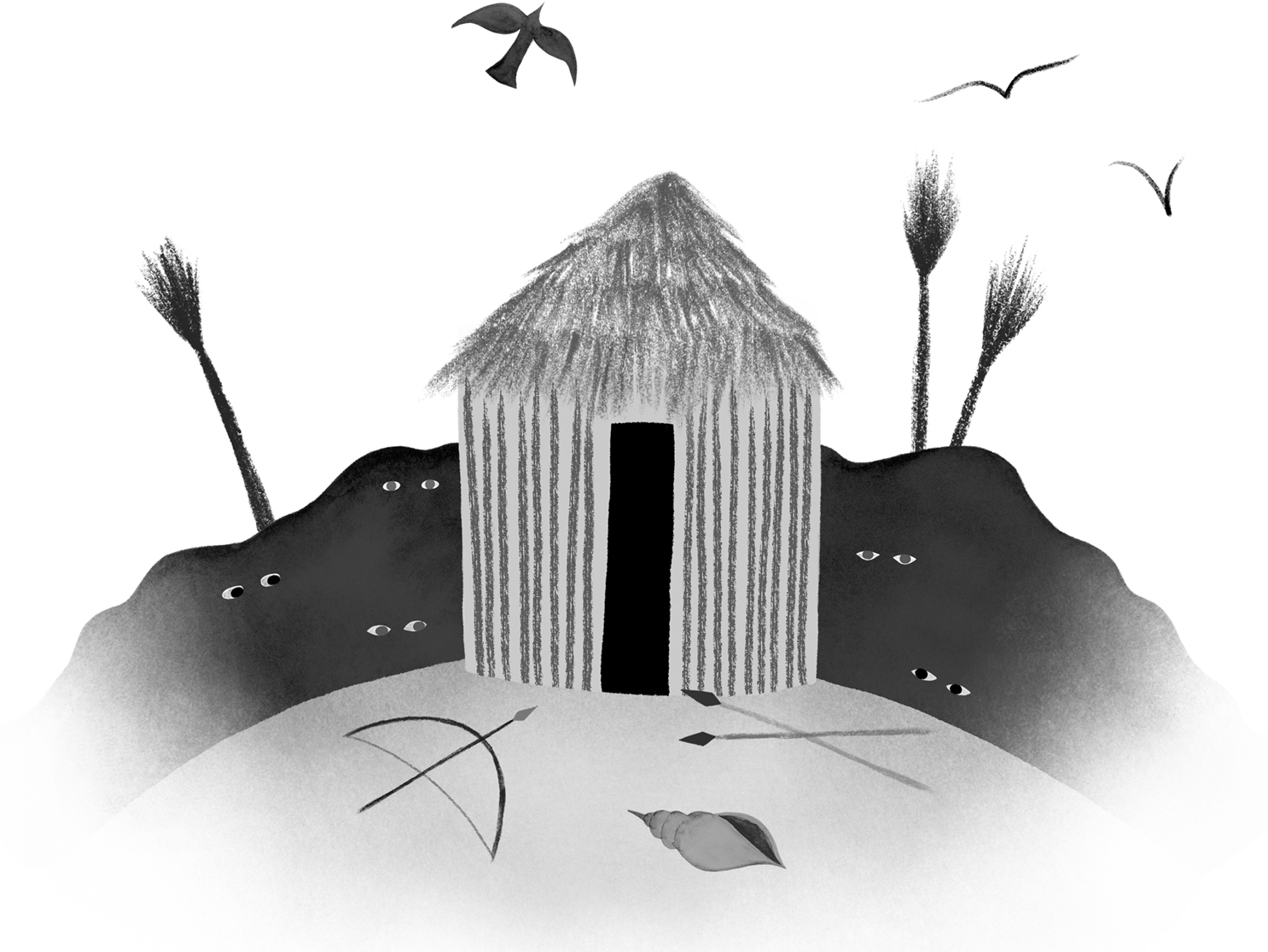
GUAMO
Borikn, 1491 Mouth pressed against a pink conch shell, I play a song to call rhythms down from trees, the rattle of palm leaves and festive squawks of raucous parrots as they join my aerial coral-reef melody!

ALAINA AND YULURI
Borikn, 1491 Daughter and mother, we spin and weave cotton fibers for capes embroidered with feathers.

GUAMO
Borikn, 1491 Mouth pressed against a pink conch shell, I play a song to call rhythms down from trees, the rattle of palm leaves and festive squawks of raucous parrots as they join my aerial coral-reef melody!


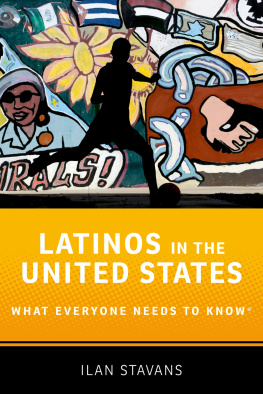

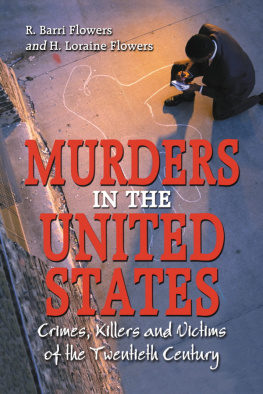
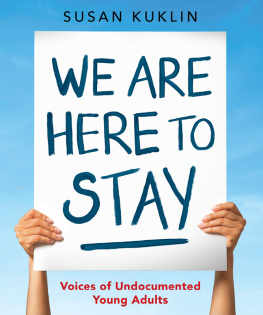
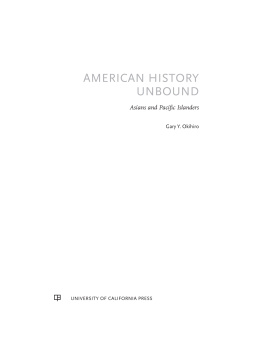
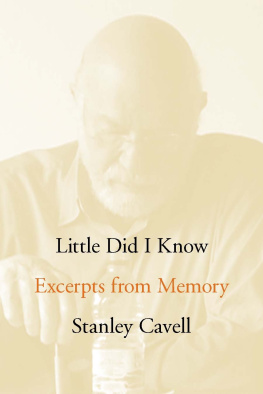

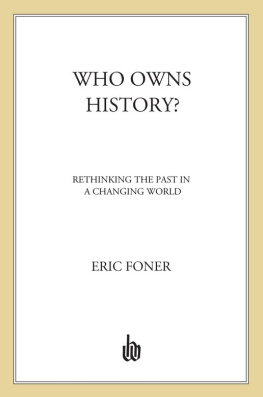


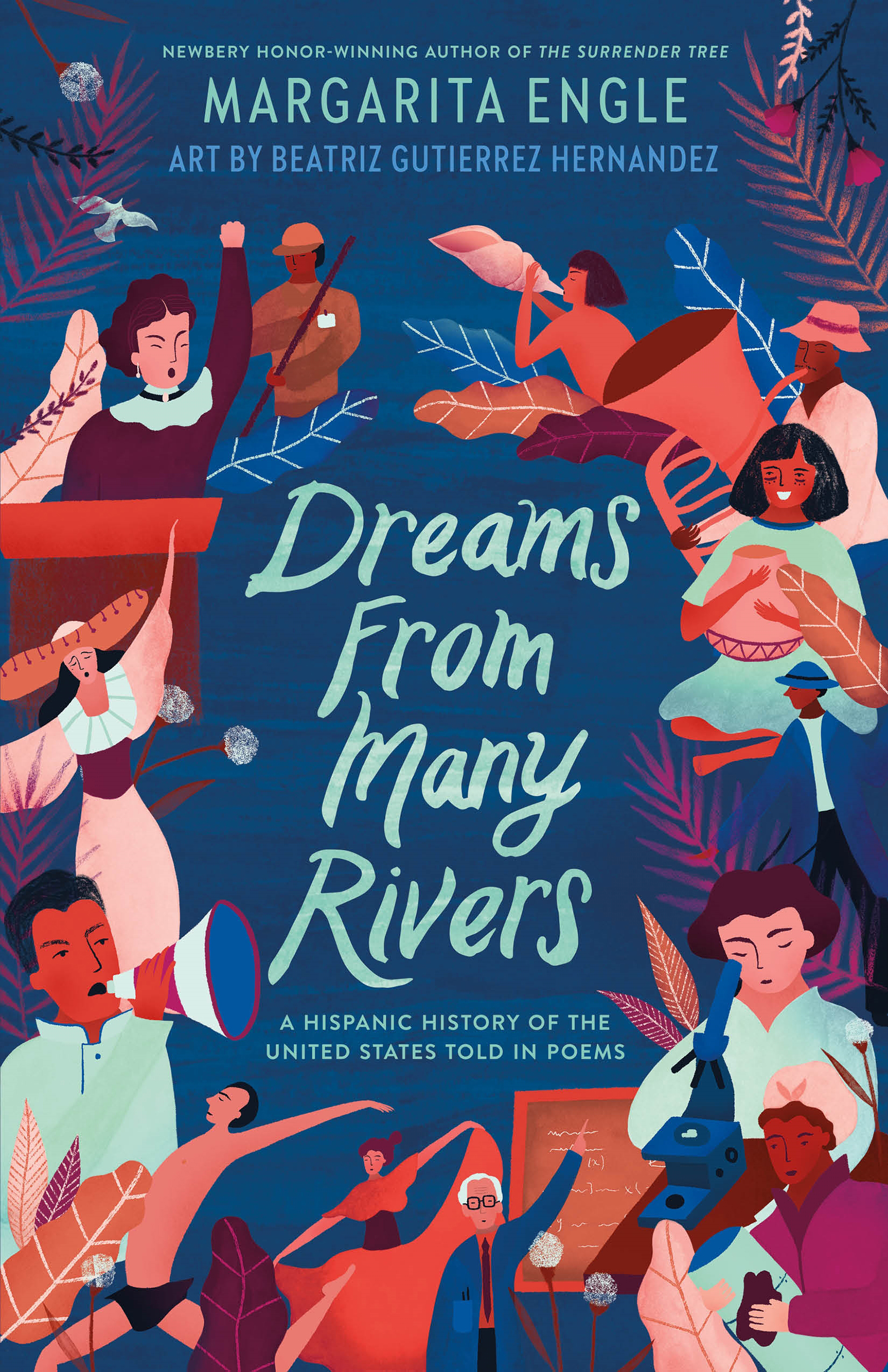

 For thousands of years, the people who are now called Tano lived by farming, fishing, hunting, singing, and dreaming of a future as free as the past. Men, women, and children believed in hope. The corners of fields held smooth sculptures to guard crops of manioc. The government was sophisticated and complex, with elaborate peacekeeping methods conducted by leaders called kacikes, and priests called behikes.
For thousands of years, the people who are now called Tano lived by farming, fishing, hunting, singing, and dreaming of a future as free as the past. Men, women, and children believed in hope. The corners of fields held smooth sculptures to guard crops of manioc. The government was sophisticated and complex, with elaborate peacekeeping methods conducted by leaders called kacikes, and priests called behikes. 

 ALAINA AND YULURI Borikn, 1491 Daughter and mother, we spin and weave cotton fibers for capes embroidered with feathers.
ALAINA AND YULURI Borikn, 1491 Daughter and mother, we spin and weave cotton fibers for capes embroidered with feathers.